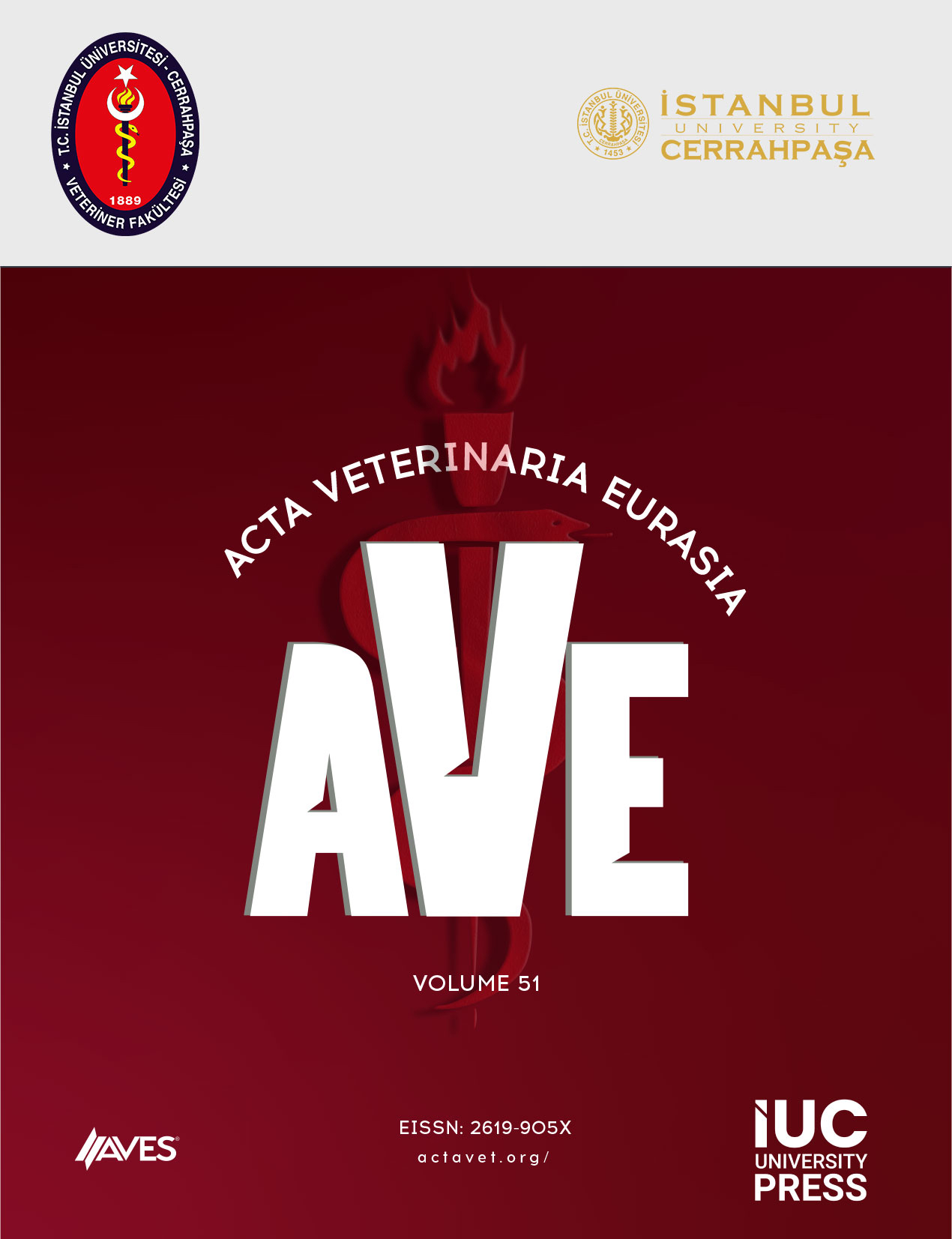Hydatidosis is a zoonotic infection of men and animals which is caused by Echinococcus granulosus or E. multilocularis larvae, and is characterised by cystic structures in various organs. Echinococcus granulosus, causing unilocular hydatid cysts, is the most prevalent species. Echinococcus multilocularis causes multilocular or alveolar hydatid cysts. Echinococcus granulosus tapeworm lives as an intestinal parasite firmly attached to the mucosa of the small intestine of dogs or occasionally, other carnivores. The larval stages cause the main forms of hydatid cyst in man, cattle, sheep. Hydatidosis is still a problem of zoonotic importance in the world and our country. The solution of this problem requires the determination of the extent of the disease throughout the country and epidemiological studies based on co-operative efforts of various health institutions.





.png)